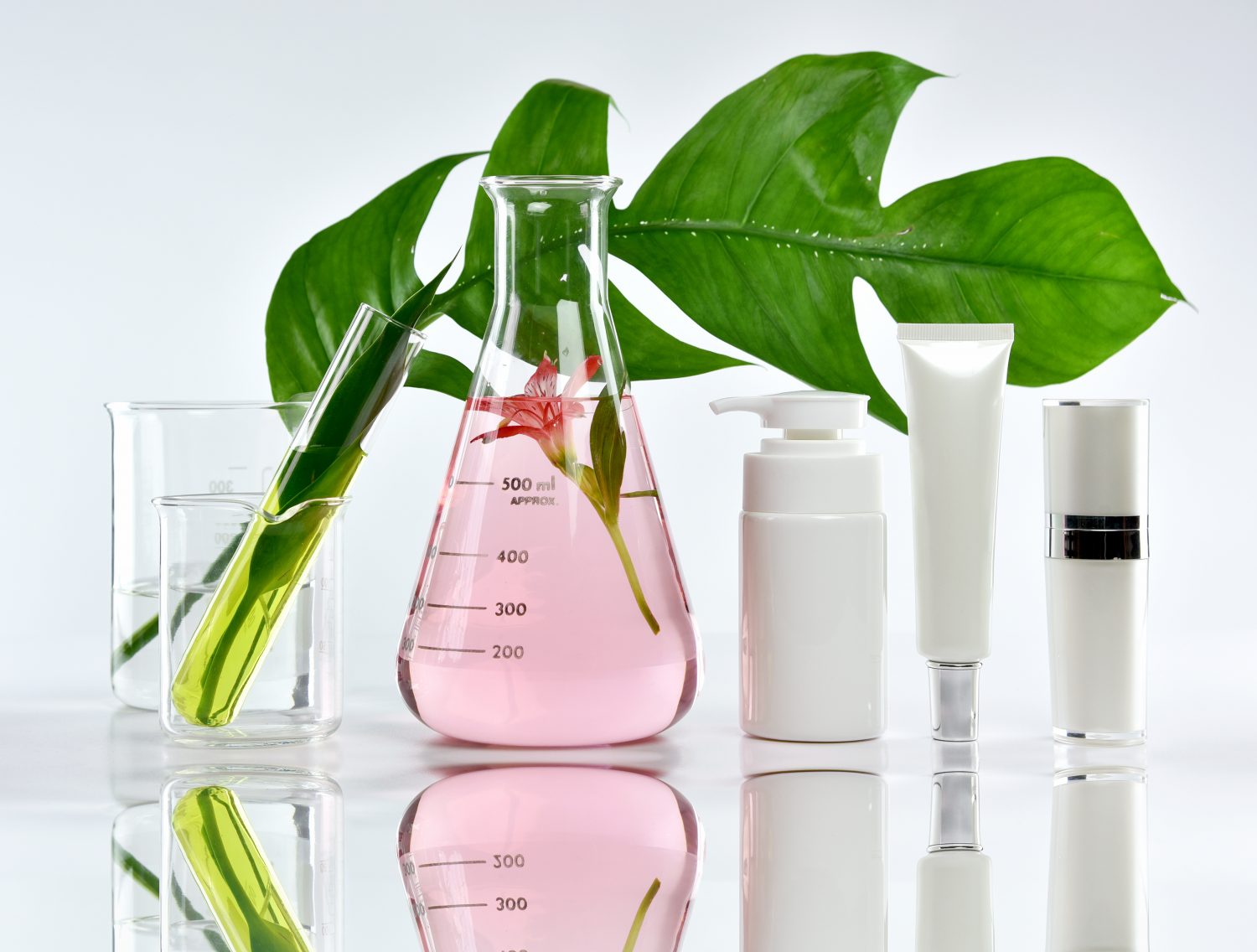In my last blog post, I talked about how important it is to get your skin wedding ready for your makeup artist and eluded to some key ingredients which you’ll find in products such as moisturisers, oils, serums and scrubs. I’m going to explain these in more depth, as there is a plethora of products out there, and I think it’s really important you’re armed with some basic information before you hit the purchase button, or worse still, get sold to by an over enthusiastic beauty rep at a counter!
AHA’s – the most commonly used are glycolic and lactic acid (explained below) and are often used to treat the effects of sun damage and skin ageing. When using these products, you need to ensure you incorporate an SPF as the skin is more sensitive to the sun.
Hyaluronic Acid – exists naturally in the skin so it attracts and locks in moisture. It is used in skincare products to hydrate and plump the epidermis so is now used in a lot of moisturisers enabling them to still feel very light whilst being super hydrating.
Peptides – all peptides function as ‘messengers’ and deliver instructions to skin cells. For example telling them to increase collagen production or to act like a healthy cell. Therefore, skincare products which include peptides are a great thing!
SPF – sun protection factor! It’s so important to include in your everyday skincare regime, all year round! Contrary to popular belief, all sunscreens regardless of strength should be reapplied every two hours to be effective in direct sunlight. Using an SPF in makeup alone is not enough!
Retinol – is a derivative of Vitamin A, and is widely used to treat acne and skin ageing. Retinols increase cell turnover which will improve skin texture and increase the production of collagen and elastin thereby giving a more plumped and youthful appearance.
Glycolic Acid – is derived from sugar cane, and is highly soluble in water, therefore allowing it to sink into the epidermis. It is fantastic for refining the skin and is often used to treat hyperpigmentation. It is also said to have anti-ageing benefits.
Lactic Acid – is an AHA derived from milk or is synthetically created. It’s a good option for sensitive and dry skins.
Vitamins (look out for products with any or all of these included)
A – increases cell turnover thereby improving skin texture and can also help with pigmentation
C – a potent antioxidant that supports the natural production of collagen, events out pigmentation and is also a skin brightener!
D – an antioxidant which boosts the skin’s immunity and helps with repair
E – a fat soluble antioxidant that has many uses in skincare, including preventing free radical and UV damage
Products containing any of these ingredients can be bought on both the high street, and online. Bear in mind, it’s usually the case that the more expensive the product, the higher the concentration of ingredients. Therefore if you really want to see results, it’s worth investing a little more.
Some of my favourite skincare brands are;
- Sarah Chapman
- Emma Hardie
- REN
- Drunk Elephant
- Omorovicza
- Kiehl’s









